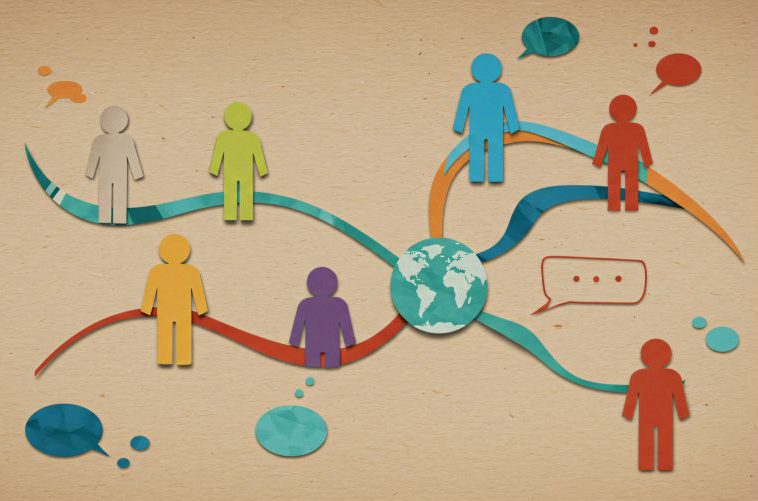
Ban Bossy” Campaign Empowers Girls to Lead
Posted March 10, 2014, 8:48 pm by
Could the severe underrepresentation of women in executive positions, leadership roles, and politics be explained by childhood name-calling? According to Sheryl Sandberg, COO of Facebook, the word “bossy,” is negatively affecting young girls and maiming women in leadership roles.
"Ban Bossy"
Sandberg launched the “Ban Bossy” campaign today to prevent name-calling in schools, as this stigmatized word affects girls throughout their adult lives. By middle school, she explains, “More boys than girls want to lead…[Girls] don’t want to be called bossy, and they don’t want to be disliked.”
Sandberg correlates the negative connotation of being called “bossy” with the feeling that women can’t be outspoken, powerful figures as adults. “We call girls bossy on the playground, we call them too aggressive or other B-words in the workplace,” she says, demonstrating the profound effects of name-calling at a young age.
Empowering Girls
Anna Maria Chávez, Girl Scouts USA CEO, has banned together with Sandberg and Condoleezza Rice on the campaign. Chávez asserts that calling girls “bossy” influences their decision to opt out of “building the right solutions in this country”—a country where men traditionally play larger leadership and executive roles.
There is a difference between mean-girl behavior and bullying and leadership, Sandberg affirms. She explains, “Leadership is not bullying and leadership is not aggression. Leadership is the expectation that you can use your voice for good. That you can make the world a better place.”
Sheryl Sandberg herself was called "bossy" in high school, but she overcame the name-calling, despite the hurt it caused. Today, though, many young girls back down from leadership positions because of the fear that they will not be liked. By banning the word “bossy,” open-minded, strong, candid girls and teenagers will not be as stigmatized as they are now, and will hopefully embrace leadership positions.
In the end, banning “bossy” is more than just banning a word. Banning “bossy” will change how young girls think of themselves, as well as the perception of ambitious adult women. Sandberg concludes, “We’re talking about getting rid of the negative messages that hold our daughters back.”
Blog Categories
- Career Advice
- College Admissions
- Colleges & Universities
- Financial Aid and Scholarships
- For Counselors
- For Parents
- For Students
- Gap Years
- Mental Health and Wellness
- Online Learning
- Performing and Visual Arts
- STEM Majors and More
- Summer Programs
- Teen Volunteering
- Trade & Vocational Schools
- Tutoring & Test Prep

Organization with listings on TeenLife? Login here
Register for Free
We’re here to help you find your best-fit teen-centered academic and enrichment opportunities.
Forgot Password
"*" indicates required fields








